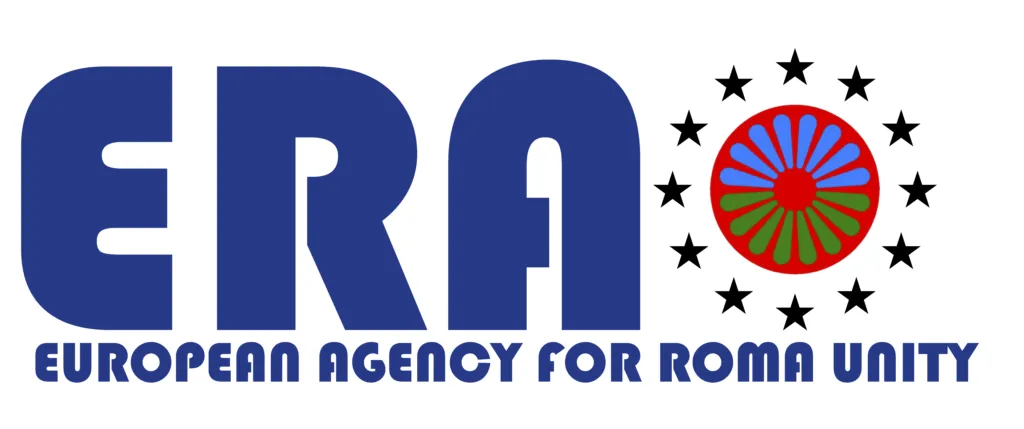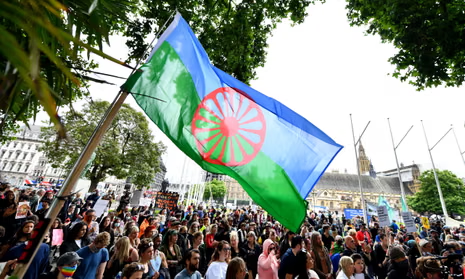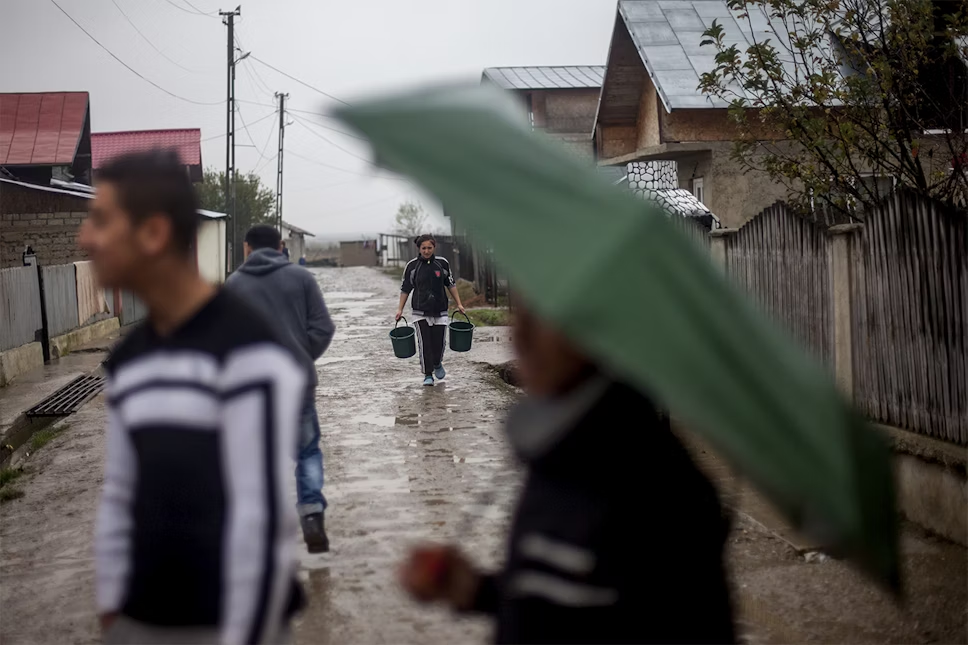On 17 September 2020, the European Parliament adopted a landmark resolution calling on the European Commission to propose a Directive on Roma Equality, Inclusion and Participation. This was not just a symbolic gesture—it was a clear recognition that the existing soft instruments and strategies had failed to deliver meaningful change for Europe’s largest ethnic minority.
Yet almost five years later, no such Directive has been put forward. The result? Roma communities continue to live in poverty, discrimination remains widespread, and trust in European institutions is eroding.
Empty words without action
The EU has no shortage of resolutions, communications, and strategies on Roma inclusion. But without binding legislation, these remain empty words. They may sound good in speeches, but they lack the power to transform realities.
Roma communities know too well that papers without budgets are just paper. Declarations and strategies that are not backed by concrete funding, binding targets, and accountability mechanisms fail to bring change. And while reports and conferences continue, Roma families still face segregation in schools, exclusion from jobs, and hostility in public life.
Why a Directive is needed
A Directive would send a clear message: Roma equality is not optional. It would oblige Member States to take concrete steps to end discrimination, improve living conditions, and guarantee Roma participation in decision-making. Just as the EU has Directive on gender equality, for instance, it must now adopt a Directive specifically addressing Roma inclusion.
This is not about special treatment. It is about ensuring that the 6 million Roma in the EU can enjoy the same rights, dignity, and opportunities as every other European citizen.
Time to deliver
The Commission has an obligation to act on the will of the Parliament. By ignoring the call for a Directive, it risks perpetuating the cycle of broken promises. Roma communities do not need more strategies, they need enforceable rights, guaranteed resources, and measurable progress.
Conclusion: Justice delayed is justice denied
The time for symbolic words is over. The time for action is now. Europe cannot claim to stand for equality while denying its largest ethnic minority the binding protections they deserve.
We call on the European Commission to honor the Parliament’s resolution and propose a Directive on Roma Equality, Inclusion and Participation. Anything less would be another empty promise—and Roma communities cannot afford another decade of waiting.






